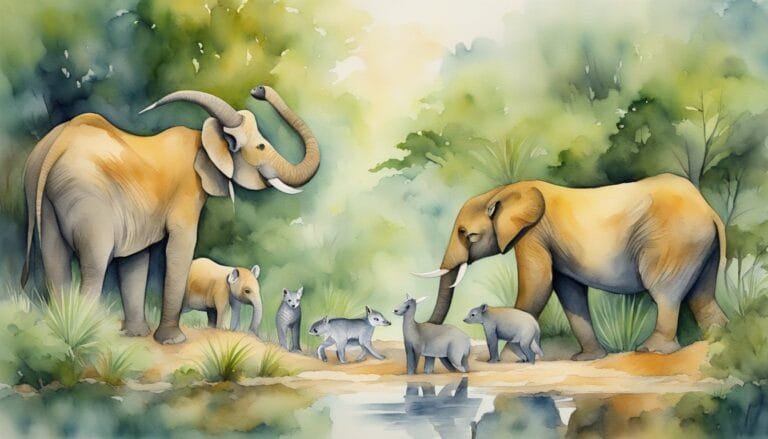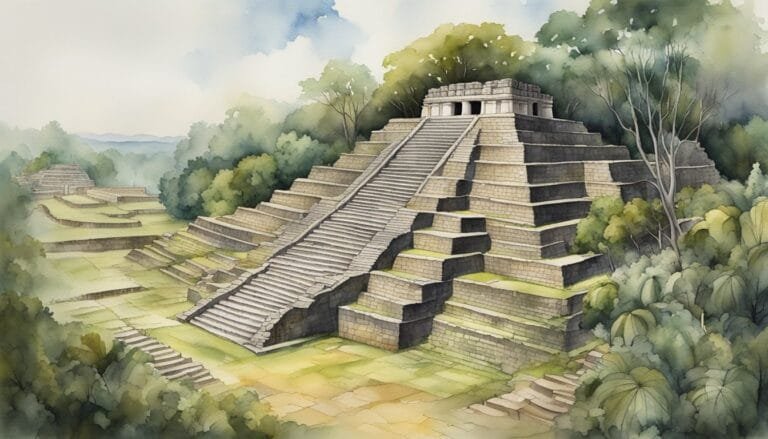Can You Control Your Dreams? Unlocking the Power of Lucid Dreaming

Lucid dreaming involves being aware of dreaming and exerting some level of control over dream landscapes, bridging consciousness and the sleep cycle.

Lucid dreaming involves being aware of dreaming and exerting some level of control over dream landscapes, bridging consciousness and the sleep cycle.

Our solar system consists of the Sun and eight diverse planets, each with unique characteristics and orbits.

The article discusses the vast diversity and adaptability of animals, their crucial roles in ecosystems, and the importance of conservation efforts.

Toxoplasmosis is caused by the parasite Toxoplasma gondii, impacting various hosts such as humans. Understanding its lifecycle, symptoms, and transmission is crucial.

The temperature of Earth has experienced dramatic highs and lows through its history, influenced by a myriad of natural and human factors.

The decline of the Maya civilization is attributed to severe droughts, deforestation, and unsustainable agricultural practices.

To cancel a National Geographic subscription, use the online customer service website or contact their support by phone or email.

The Earth's lifespan depends on several astronomical factors, but it's expected to remain habitable for another 1.75 to 3.25 billion years.

Traveling to Mars involves mastering distance and advancing technology, including robust spacecraft and efficient propulsion systems.

Tigers, known for their unique stripe patterns and diverse subspecies, adapt to varying habitats across Asia, impacting their ecology.